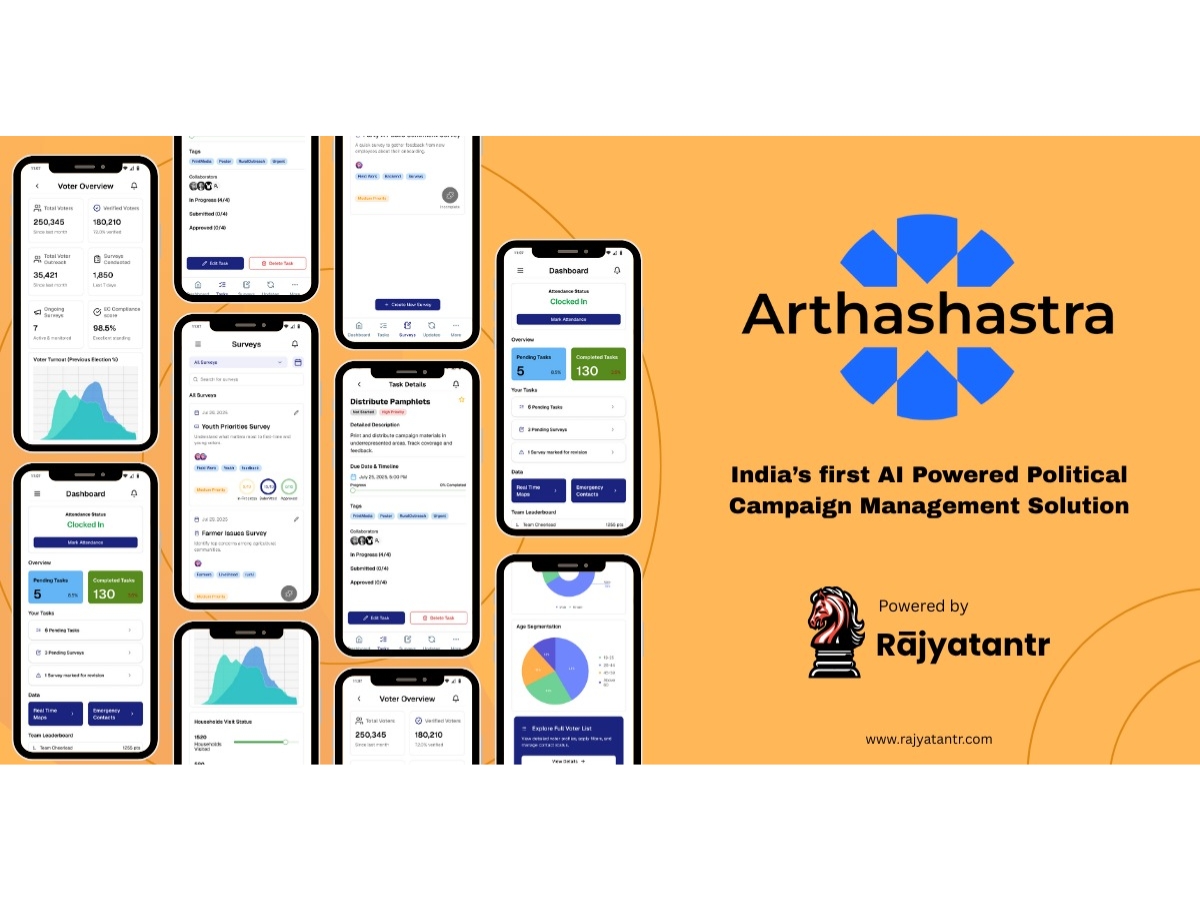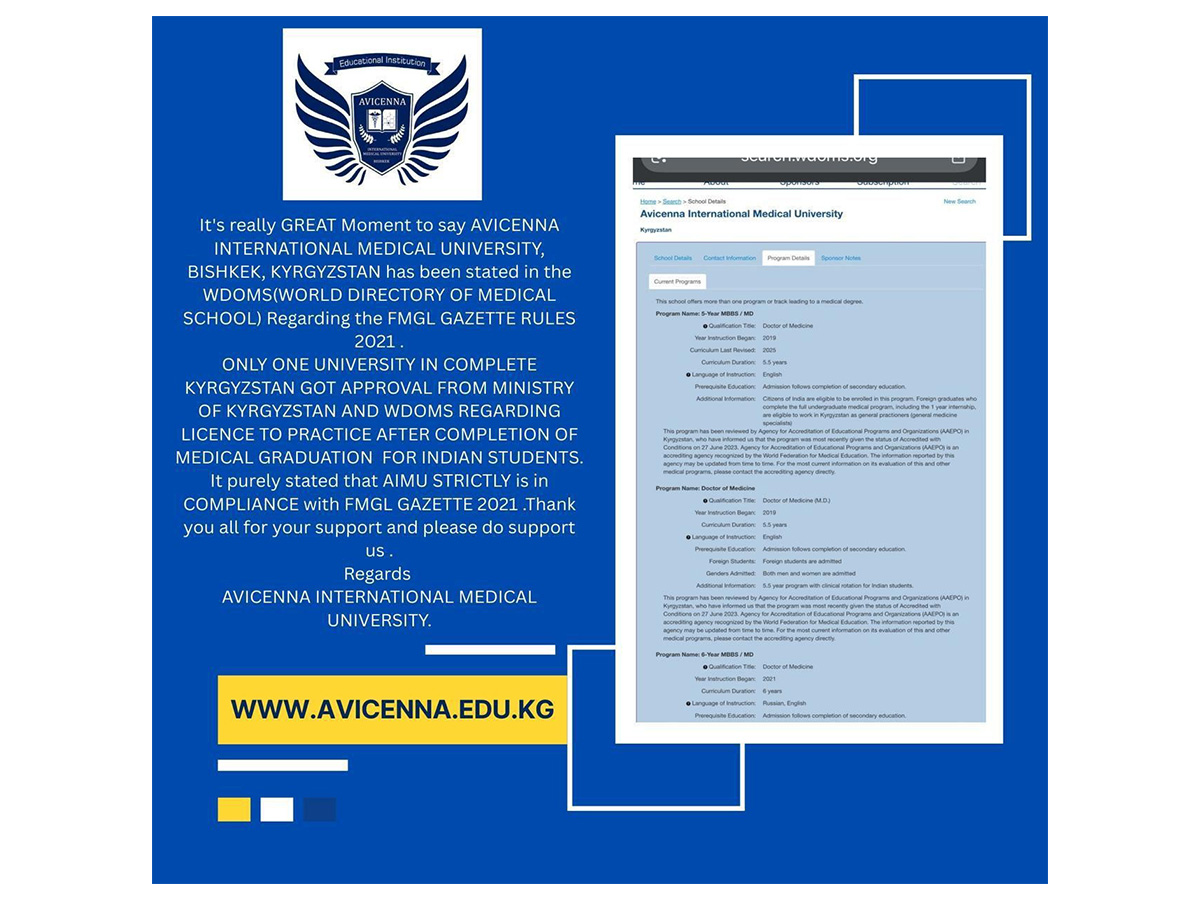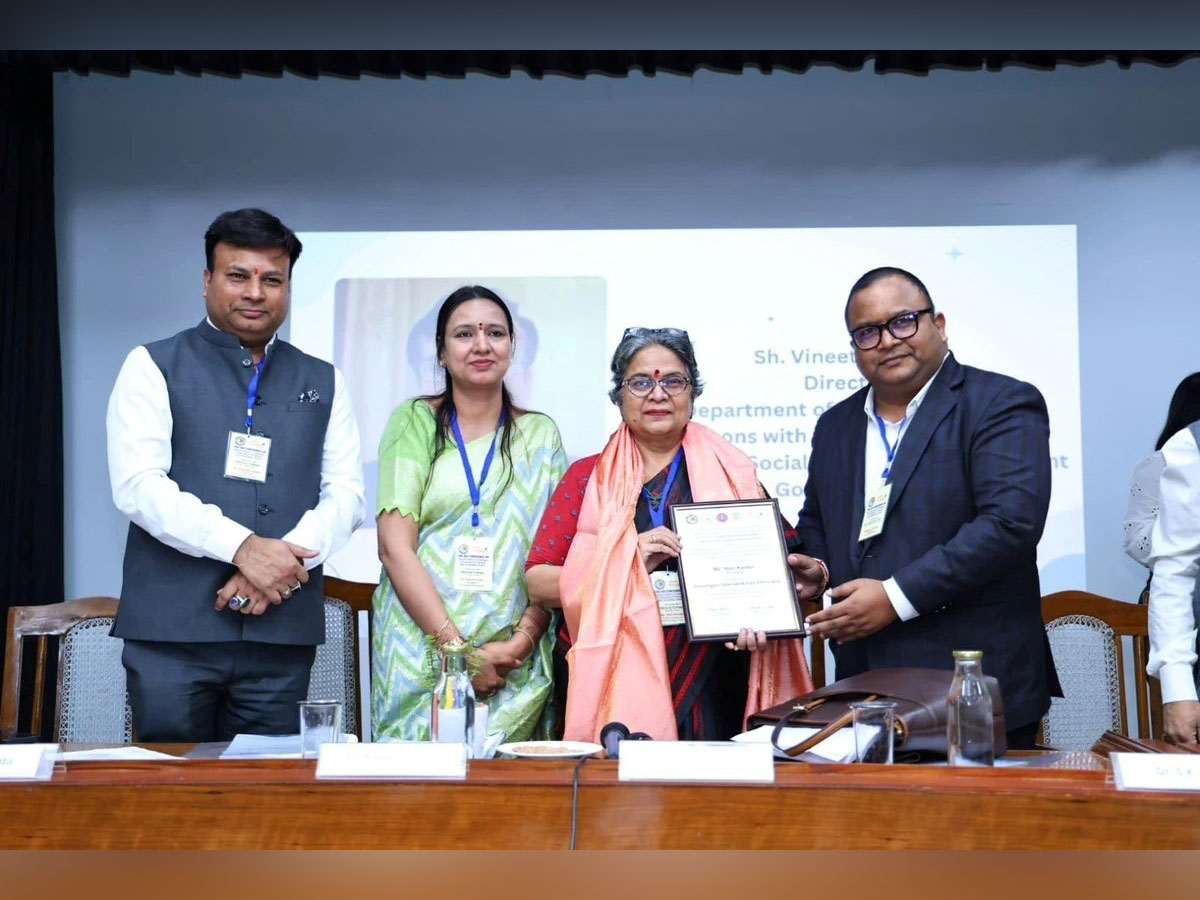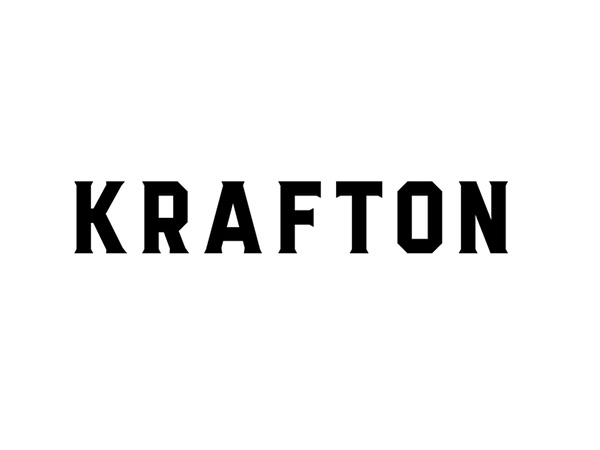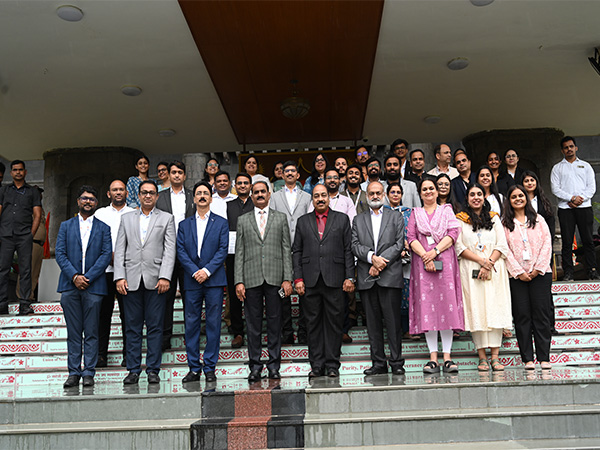
Top Mistakes to Avoid When Buying Health Insurance
Aug 18, 2025
PNN
New Delhi [India], August 18: Making an informed decision when purchasing health insurance is essential to secure both your well-being and your finances. However, many individuals commit errors that limit the policy's effectiveness or leave them underinsured. To ensure your investment yields actual value in times of medical crisis, it's crucial to recognise what not to do when considering various plans.
This document throws some light on the mistakes that people often commit when taking health insurance, and also provides a way in which you can avoid them. The knowledge of these issues will help you to select a policy that will cover you and other members of your family adequately.
Why Avoiding Mistakes Matters in Health Insurance
Buying health insurance is a major undertaking. It not only covers you in times of medical crises, but also has implications for long-term healthcare strategies. Errors in the process of purchasing can lead to inadequate coverage, excessive out-of-pocket expenses, or even denial of claims.
With the medical inflation escalating in India, selecting the right policy is no longer an option but a compulsion. An appropriately selected plan aids in controlling hospital costs and keeps you financially stress-free.
Frequent Errors to Avoid
Being detail-oriented and analytical can prevent you from selecting a policy that fails to meet your expectations. The following are some common errors and how to steer clear of them.
1. Missing Coverage Requirements
One of the largest errors is failing to assess your health needs prior to choosing a policy. For instance, having a policy with too low a sum insured may not pay for several hospitalisations or sophisticated treatments. If covering family members, always take into account age, previous conditions, and future medical requirements.
2. Ignoring Waiting Period Clauses
Most customers do not verify the waiting time for certain conditions, especially existing diseases or maternity benefits. The usual waiting period is between 2 and 4 years for certain benefits. If you do not review this information, you will suffer in terms of delayed acquisition of desired cover during times of need.
Before you buy health insurance, always ensure that the waiting period fits your anticipated requirement of healthcare in the short run.
3. Misjudging Premium vs Value
The selection of a policy on the basis of the lowest premium is misleading. The lower-cost plans may include exclusions, sub-limits or higher co-payment requirements, which may translate to increased out-of-pocket costs.
Instead of focusing on a price, you should look at what you will get as a premium. An ideal medical insurance policy is one that provides complete protection at reasonable rates.
4. Ignoring Network Hospitals and Cashless Facilities
Many customers fail to check whether the insurance company has hospital tie-ups close to their home or the desired treatment hospitals. During an emergency, the availability of a local cashless hospital is a big factor.
For instance, HDFC ERGO has a strong network of more than 15,000 hospitals in India with an end-to-end cashless experience. This not only provides immediate care but also makes the claims process hassle-free.
5. Partial Disclosure of Medical History
Not disclosing pre-existing conditions at the time of buying health insurance can result in denials of claims later. If you have diabetes, high blood pressure, or any previous surgery, honesty is the best policy. Hiding facts can lead to rejection of claims or even cancellation of the policy.
To prevent this, reveal your health history truthfully and give the insurer a chance to evaluate your risk profile correctly. An informed insurer will be able to suggest a mediclaim policy that is best for you.
6. Neglecting to Evaluate Long-Term Value
In choosing a policy, it's tempting to look only at costs right now and overt benefits. But neglecting long-term value can greatly diminish the overall value of your health insurance.
Why Continuity Matters
Health risks increase with age. That's why an assured renewable policy ensures uninterrupted coverage in your old age. Renewability through a lifetime is a weighing factor when purchasing a long-term plan. It makes sure that your policy stays active year after year, provided you pay up your premium on time.
Built-in Rewards for Responsible Policyholders
Some policies also compensate claim-free years by issuing a no-claim bonus. Instead of lowering your premium, this aspect boosts your sum insured without paying extra. This helps your policy grow over time and provide better cover. It's a sensible method to increase your medical insurance cover just by being in good health and not making claims every now and then.
Conclusion
Avoiding these common mistakes will help you choose a plan that will give you the best health insurance. Understanding your needs, comparing advantages and researching the policy in detail will help you make a conscious decision.
In case you are searching to buy insurance that is both affordable and comprehensive, HDFC ERGO provides a diverse portfolio of health insurance plans for individuals and families.
(ADVERTORIAL DISCLAIMER: The above press release has been provided by PNN. ANI will not be responsible in any way for the content of the same)
